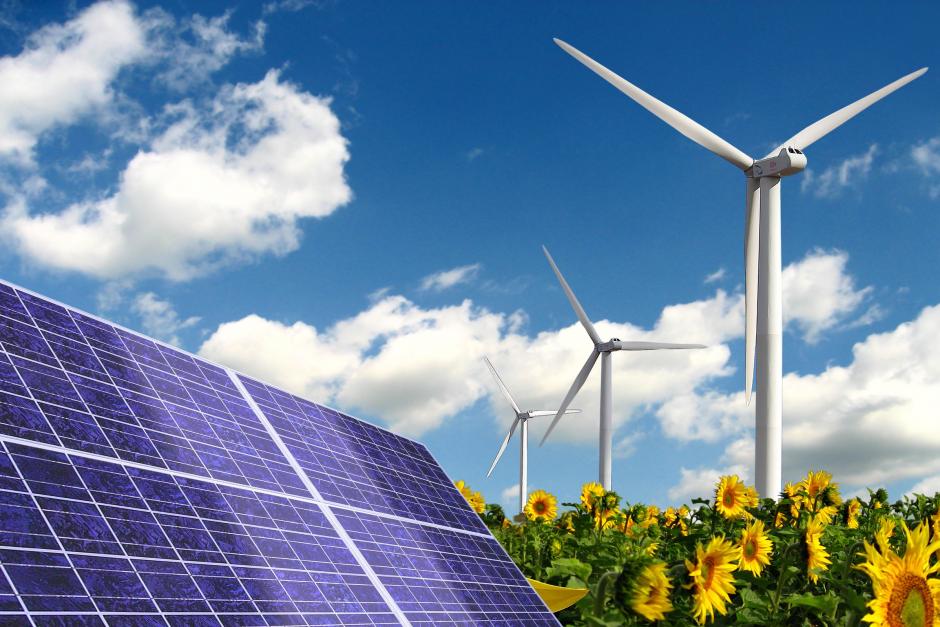Renewable Energy, a global independent power producer, has announced three winners of the 2017 US$7 million Access Co-Development Facility (ACF) – an innovative funding and support platform for renewable energy projects in Africa.
The three winning projects, hailing from Tanzania, Rwanda and Ghana, were selected from a technologically and geographically diverse pool of 82 entrants from 23 countries after having presented to a live panel of industry expert judges.
The panel based their final selection on the commercial, technical and environmental merits of the projects presented, as well as the local regulatory environment and capability of the project teams. The winners will share the US$7 million pot provided by the Access Co-Development Facility as well as technical support and expertise.
This year’s winners are:
- Tanzania: 30MW, Kondoa, Solar PV project
- Rwanda: 9.7MW, Rukarara, Hydro project
- Ghana: 48MW, Winneba, Wind project
When completed, the projects will collectively provide over 85MW of electricity, enough to power more than 420,000 homes and business across Tanzania, Rwanda and Ghana. The winners were announced today in Copenhagen at the 19th annual Africa Energy Forum, following a presentation by the five shortlisted developers to a panel of expert judges.
Reda El Chaar, Executive Chairman of Access Power said: “We are very excited to begin working with today’s winners in partnership with EREN and help bring their projects to fruition. Each of these projects has the power to dramatically improve the lives of the communities around these renewable energy facilities.
“By partnering with us, these local entrepreneurs will gain access to not only our pot of $7 million but also our network of contacts and technical experts, underlining the unique nature of the ACF in creating a clear route to market.”
The winning projects will now enter into Joint Development Agreements with Access Power, who will take an equity stake. Winners will also be able to leverage Access Power’s organisational, financial and technical knowledge, as well as access to our network. They will also receive assistance with the funding of third-party development costs including feasibility studies, grid studies, environmental and social impact assessments and due diligence fees.
This year’s competition was notable for the dominance of solar, with just under half of this year’s entries and three of the five shortlisted projects falling under the category, but also for the high number of applications from countries with low levels of electrification. Of the 23 countries represented in this year’s edition, 18 have electrification rates below 30%. This year’s application process also further highlighted the rise of East and West Africa as hotspots for renewable energy development, with nearly 80% of all applicants hailing from both sides of the continent.



